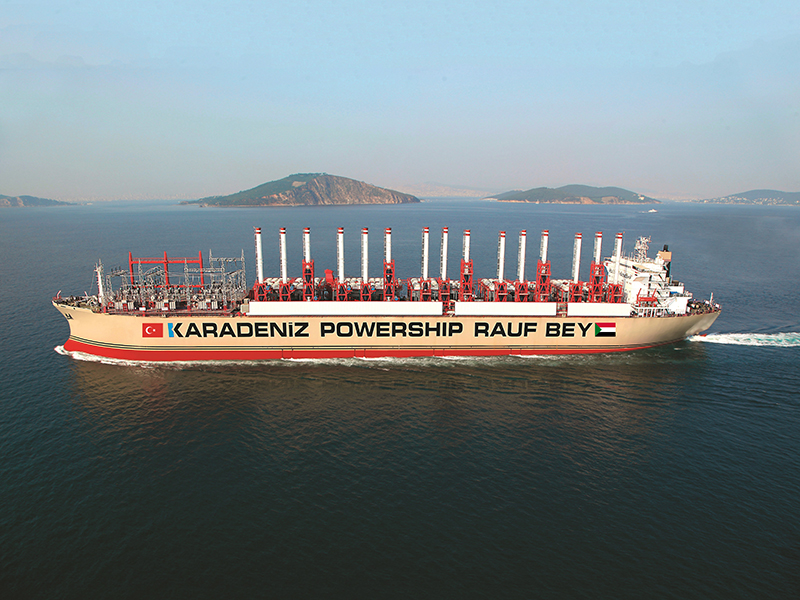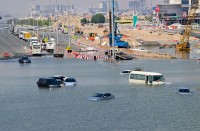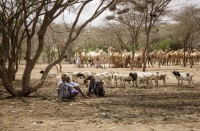
Photo taken from http://www.karpowership.com/en/photos
JOHANNESBURG, South Africa (AFP) – South Africa’s energy regulator on Tuesday approved generating licenses for three controversial floating power plants, stoking environmental concerns as Africa’s most industrialised nation grapples with electricity shortages.
Turkey-based Karpowership, one of the world’s largest floating power plant operators, in March won a government tender to supplement South Africa’s fragile electricity supply with gas-to-power projects at three ports.
But the environment ministry subsequently blocked Karpowership’s permit application over concerns about the environmental impact.
The company appealed the decision and the National Energy Regulator of South Africa signalled its approval on Tuesday in a statement listing seven preferred bidders for the country’s Risk Mitigation Independent Power Producer Procurement Programme.
Reasons for the approval have not yet been given.
Environmental groups have raised concern about the Karpowership plants, which require fuel to convert liquefied natural gas into electricity.
Opponents note the project will generate several million tonnes of carbon dioxide in a country that was already the world’s 12th-largest greenhouse gas emitter in 2019, according to Global Carbon Atlas.
Greenpeace Africa said it was “disappointed by the inexplicable decision to grant authorisation for this destructive and costly project”.
“It will lock South Africa into a high emissions trajectory that will derail our commitments to the Paris (climate) Agreement,” Greenpeace’s climate and energy campaigner Nhlanhla Sibisi said in a statement.
Karpowership SA still needs to secure several other authorisations before it can go ahead.
South Africa is seeking to introduced alternatives to its ailing state-owned firm Eskom, a coal-fired utility crippled by years of mismanagement, power generating units that constantly break down and struggle to meet electricity demand.
Rolling power cuts have been recurring for over a decade, stifling economic activity and investment.
The government has also stepped up commitments to renewable energy.
© Agence France-Presse







